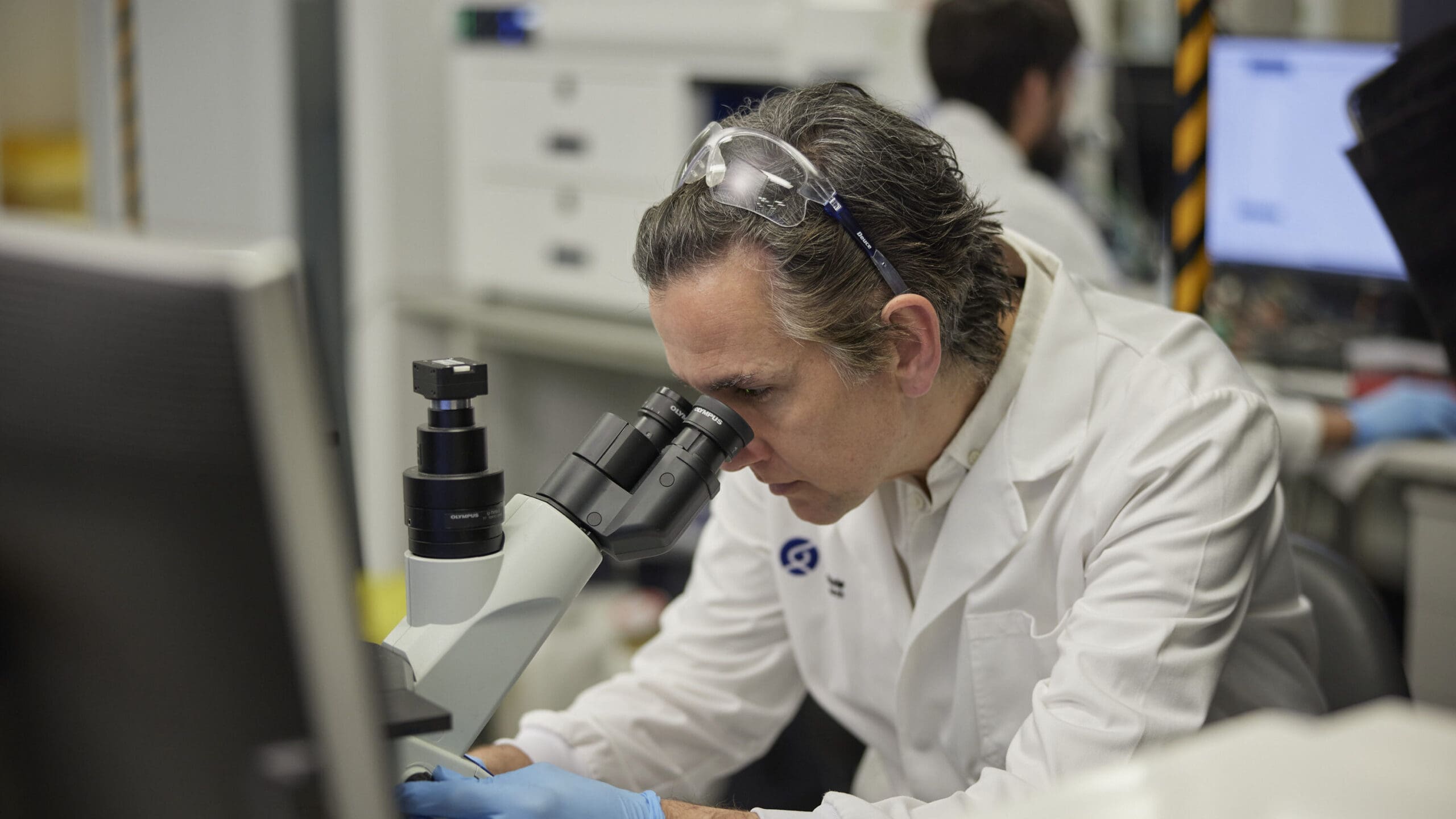
As technology progresses, and cancer research transforms, treatment for both common cancers and rare cancers continue to change.
In the past, understanding and treating common cancers, like breast cancer or lung cancer, has been prioritised. These days, it's not unusual for common cancer research findings to be translated to rarer cancers.
In this blog, Professor Alex Swarbrick dives deeper into how discoveries in common cancers like breast cancer are changing cancer care.
Sharing insights to break down barriers
Over the last 40 years, breast cancer research has progressed significantly, with 5-year survival rates going from around 71% in the 1970s to 91% today. This massive improvement shows the impact of research on improving outcomes for cancer patients.
Breast cancer being common, means researchers have access to advanced experimental systems and large patient cohorts, with 98% of women diagnosed with breast cancer willing to take part in research - something that is more difficult in a rarer cancer context.
With greater access to donated tissues, more and more research that looks at similarities and commonalities between cancers is possible.
The HER2 protein, highly produced in approximately 20% of breast cancers, has become an important point of research due to its role in driving tumour growth and progression.
The development of Herceptin, a groundbreaking drug that targets the HER2 protein, is an enduring success story in breast cancer research is. Initially developed for HER2-positive breast cancer, Herceptin has significantly improved survival rates for people with this subtype of breast cancer. Its ability to target the HER2 protein generated interest in testing its potential across other cancer types that also produce HER2.
Herceptin is now approved for the treatment of other HER2-positive cancers, such as gastric and oesophageal cancers, and is under trial for a diversity of other cancer types. This translational success supports the importance of using discoveries from common cancers to help people diagnosed with rarer cancers.
Rethinking the importance of tumour location
As our understanding of cancer grows, the significance of tumour location is gradually becoming less important. Developments in technologies like tumour sequencing have also revealed new ways of looking at cancer treatment.
Rather than focusing on the original location of a tumour, precision medicine based on cellular genomics are improving treatment outcomes. For example, immunotherapy drugs like Keytruda, originally developed for melanoma, have been effective in treating other cancer types, like lung cancer and other subsets of colorectal cancer.
While rare cancers may present unique challenges due to their specific biology, limited prevalence and research resources, the translation of findings from common cancers is another path for progress.
By using discoveries in research into common cancers, we can continue to improve outcomes for those diagnosed with even the rarest forms of cancer.






